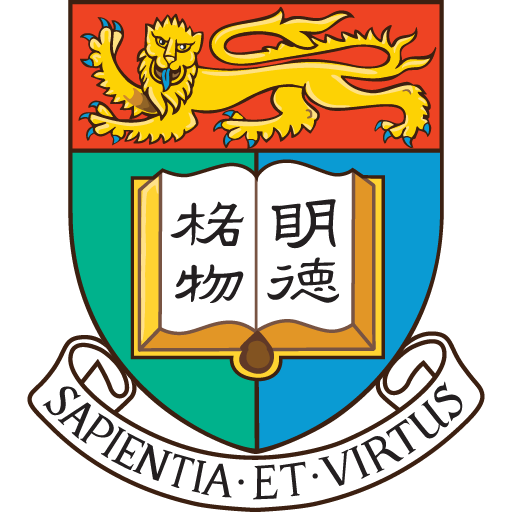Contents
Basic vocabulary for writing your application
Colleagues who plan to apply for Advance HE Fellowship in any category may find the MOOC on University Teaching useful in getting yourself familiar with the pedagogical vocabulary. It is developed at TALIC and led by Dr. Lily Min Zeng. It discusses a wide range of teaching and learning topics that are directly relevant to the dimensions of the Professional Standard Framework (PSF). Below is a table which maps the topics in the MOOC and the dimensions and subcategories under each dimension of the PSF to facilitate the writing of Fellowship applications among HKU colleagues. HKU portal login will be requested before you can watch the videos.
How to Use this Resource Effectively
Colleagues are strongly encouraged to watch the beginning of the videos, where the intended learning outcomes are stated, in order to choose the contents that are relevant to your writing plan.
The table below is organized according to the PSF dimensions. As some videos involve contents relevant to more than one dimension, you will see some videos listed under multiple PSF dimensions.
The videos in this MOOC are structured to support the completion of an online certificate on university teaching. Some videos (mostly in the first four modules) include interviews from experts, teachers and students. If you are looking for the conclusions only, you may go directly to the end of those videos to hear the summaries from the instructor.
Areas of Activity
- Teaching and learning spaces
- Three domains of learning and levels of understanding
- Teaching and learning approaches
- Factors that influence student learning (I)
- Factors that influence student learning (II)
- Seven principles of effective teaching (I)
- Seven principles of effective teaching (II)
- Seven principles of effective teaching (III)
- Purposes of assessment
- The impact of assessment on students’ learning and the backwash effect
- Decisions framework for assessment design
- Contexts of assessment: Learners’ characteristics
- Contexts of assessment: Standards-based assessment and norm-based assessment
- Interview with Prof. Royce Sadler on understanding standards
- Groupwork assessment
- Principles of good assessment practices
- Introduction of feedback and The relationship between assessment and feedback
- Feedback that makes a difference
- Small changes in feedback practices making a big difference
- How to make feedback sustainable?
- Principles of good feedback
Core Knowledge
- Constructive alignment
- Interview with Biggs and Tang
- Writing learning outcomes (I)
- Writing learning outcomes (II)
- Writing learning outcomes (III)
- Problem-based learning (I) : PBL in practice
- Problem-based learning (II) : Rationale, design and practical experiences
- Audience response system
- Think-pair-share
- Teaching large class
- Flipped learning
- Team-based learning
- Experiential learning
- Purposes of assessment
- The impact of assessment on students’ learning and the backwash effect
- Decisions framework for assessment design
- Contexts of assessment: Learners’ characteristics
- Contexts of assessment: Standards-based assessment and norm-based assessment
- Interview with Prof. Royce Sadler on understanding standards
- Groupwork assessment
- Principles of good assessment practices
- Three domains of learning and levels of understanding
- Teaching and learning approaches
- Factors that influence student learning (I)
- Factors that influence student learning (II)
- Seven principles of effective teaching (I)
- Seven principles of effective teaching (II)
- Seven principles of effective teaching (III)
Professional Values
- Problem-based learning (I) : PBL in practice
- Problem-based learning (II) : Rationale, design and practical experiences
- Audience response system
- Think-pair-share
- Teaching large class
- Flipped learning
- Team-based learning
- Experiential learning
- Seven principles of effective teaching (I)
- Seven principles of effective teaching (II)
- Seven principles of effective teaching (III)
- What can we learn from experienced teachers? – Interviews with colleagues
Other Useful Resources
Apart from the videos on pedagogical vocabulary, there are a few more resources which might be useful for you application:
From the LKS Faculty of Medicine in the University of Hong Kong, Dr. Abraham Wai was awarded Fellowship through the HKU Advance HE Fellowship Scheme in 2018. In the video, he shares his thoughts on writing the teaching profolio. If you are new to the AHE Scheme, his valuable experience would definitely be helpful.
“Teaching Profolio Made Easy” by Abraham Wai
“The Park” is a resource developed by Dr Jenny Moon. It illustrates different depths of reflective writing.


